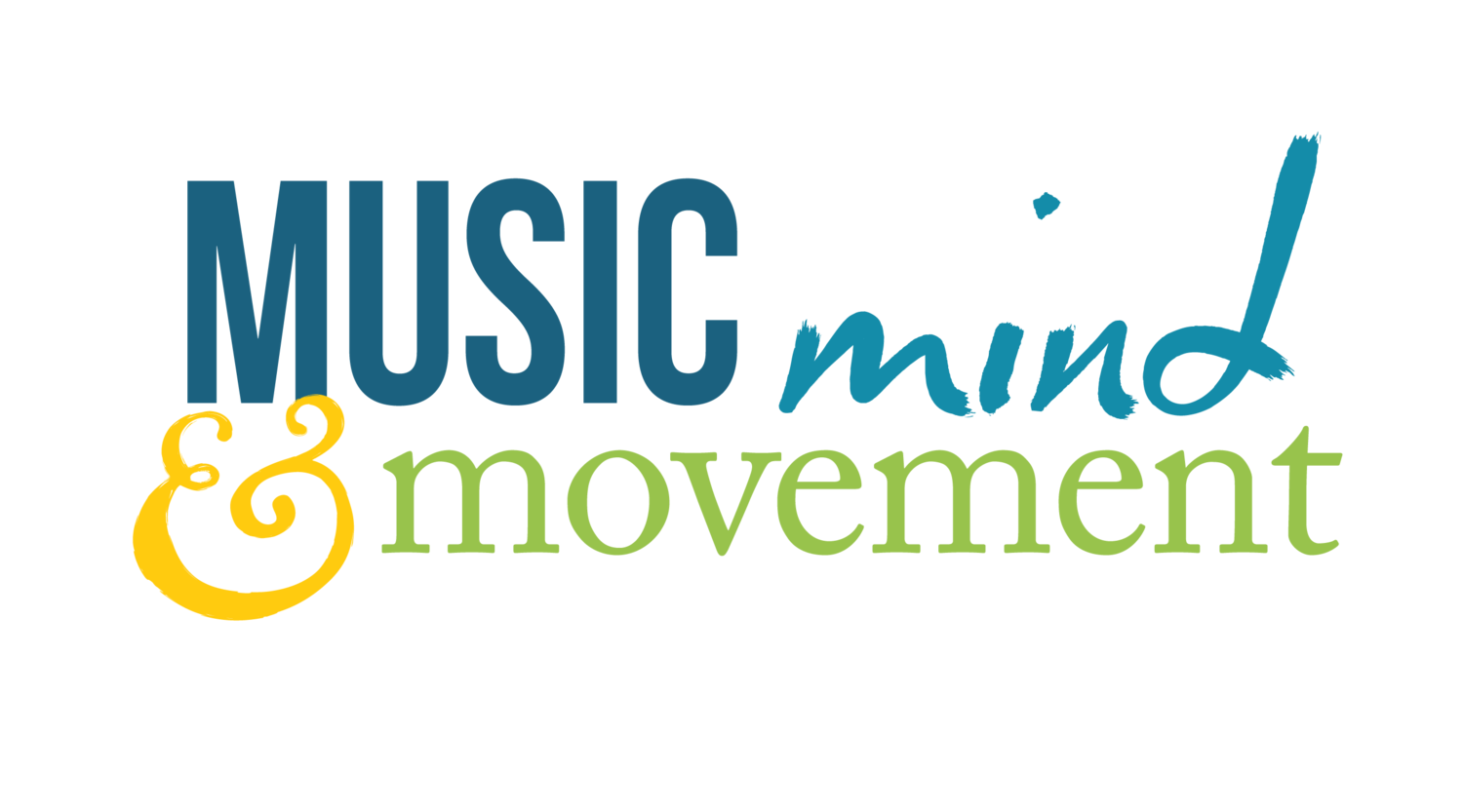Ep 19: Working with Being Human with Christine Carter
about christine
Canadian clarinetist, Christine Carter, has performed at venues across the globe, from Carnegie Hall to the Sydney Opera House. Highlights have included performances at the Mozarthaus in Vienna, German Consulate in New York City, and Palffy Palace in Prague. She has completed artist residencies at the Mozart Festival Würzburg (Germany), Málaga Clásica Festival (Spain), Shenzhen International Woodwind Festival (China), and five seasons with the Dark by Five inter-arts ensemble at Gros Morne Summer Music in Newfoundland. Christine frequently collaborates with Duo Concertante and is the clarinetist of the critically acclaimed Iris Trio. Her performances have been praised for their “special passion and inspiration” (Augsburger Allgemeine) and “beauty of sound and striking expression” (Bremen Weser Kurier).
Christine has also performed extensively as an orchestral musician, including engagements with the Montreal Symphony Orchestra, National Arts Centre Orchestra (Ottawa), New World Symphony (Miami), Newfoundland Symphony Orchestra, YouTube Symphony Orchestra, and Metropolitan Opera Orchestra (New York), as well as under the batons of some of the world’s finest conductors, such as Lorin Maazel, Michael Tilson Thomas, Kent Nagano, and Fabio Luisi.
Christine is actively involved in performance psychology research, focusing on how musicians can be more effective on stage and in the practice room. Her research has led to article commissions from a variety of publications and invitations to give workshops at institutions around the world. She currently holds a SSHRC Insight Development Grant with co-researchers Dr. Jessica Grahn and Dr. Jonathan De Souza (Western University) to investigate music practice strategies.
Christine holds a Bachelor of Music from Western University, a Master of Music from McGill University, and a Doctor of Musical Arts from Manhattan School of Music, where she taught the Woodwind Lab for four years. She is Assistant Professor of Single Reeds at Memorial University in St. John's, Canada. Christine is a Buffet Crampon Artist.
In this episode
What fun it was to sit down in person with my friend and colleague to talk about effective practice! I edited out some of the laughs…but not all of them. You’ll also hear us discuss:
Christine’s musical background
How Christine’s long-time interest in psychology generally and sports psychology specifically eventually led her to pursue research in music performance psychology alongside her performance studies
Christine’s doctoral research on interleaving practice and the contextual interference effect
The difference between the feeling of fluency we gain during a practice session and the learning that we actually retain and, therefore, why it is important to test what we have learned after a delay.
How using an interleaved practice schedule is effect, in part, because requires musicians to define very specifically what they are going to work on
How using a timer can be helpful in getting musicians used to the idea of not getting stuck practicing one thing, but that using a timer all the time isn’t necessary
What “effortful processing” is, why it feels uncomfortable, and why musicians should learn to embrace this discomfort for optimal learning
What video games can tell us about how humans learn
What happens when humans are trained to be afraid of mistakes and failure
Shifting the goal of practice during practice away from progress and towards engaging with the material in novel and challenging ways
How practicing in more varied and challenging ways not only makes practice more fun and engaging, but also helps with focus by working with the brain, rather than against it
How practicing and performing are different skills that require different training approaches
Desirable difficulties, why we have to be discerning about the challenges that we introduce into practice, and how to tell if the challenge you are introducing in beneficial
The difference between practicing for specificity and practicing for transferability
Why it is especially important to take breaks when your practicing involves more effortful processing
Motivation and why relying on discipline and will-power to get things done is often a losing battle because it works against human nature
Intrinsic motivation through autonomy, mastery, and purpose (Dan Pink)
Delay discounting and why it is hard to say no to a fun, relaxing activity that will feel good right now in order to do some difficult (say, practicing…) that will feel good — we hope — in the future
Using “Ulysses contracts” to help get things done, including the contract Christine uses to ensure
Why and how to set up your environment and routine to support your goals and values so that you aren’t always wasting time deciding what to do next
Decoupling motivation from passion, or looking at passion as a result and not a motivator
learn more
Christine’s website
MUN School of Music, where Christine and I both teach
Christine’s research partner, Jessica Grahn, at Western University
Christine’s article on the Bulletproof Musician
The paper that came out of Christine’s doctoral research
More information on the contextual interference effect, desirable difficulties, variability, etc. from Robert Bjork’s lab
This book also provides a great overview of these concepts
Dan Pink on intrinsic motivation
Dan Ariely’s books, Predictably Irrational and Payoff, and one of his TED Talks (he has a bunch!)
Freedom app
BJ Fogg’s work on habit-formation
Twyla Tharp’s book, The Creative Habit




